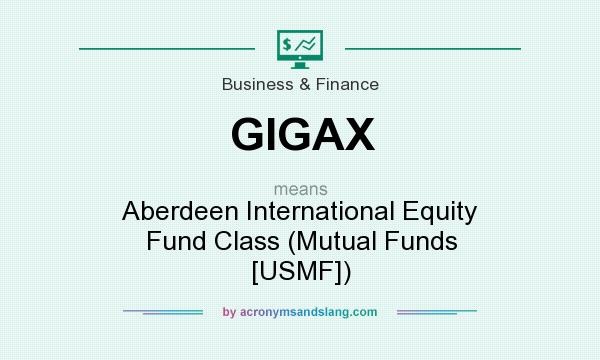Equity Fund Definition
Post on: 27 Март, 2015 No Comment

Equity Fund Definition — An equity fund is a type of mutual fund that invests in common stocks, which are known as equities because they represent ownership of a business. Geoff Brightling / Photographer’s Choice / Getty Images
For those of you who are looking for an equity fund definition, or who are asking, What is an equity fund? this brief overview was designed to help you understand the basics, as well as point you in a direction to learn more information about the topic.
What Is a Basic Equity Fund Definition?
An equity fund is a type of mutual fund that has a mandate requiring the portfolio manager to invest the shareholders’ cash in ownership of businesses, also called equities, such as common stocks of publicly traded companies. Equity funds can come in both the traditional mutual fund variety or as so-called ETFs, which is short for Exchange Traded Funds. The latter trade over the stock exchange throughout the day, just like individual shares of stock, whereas an ordinary mutual fund settles once per day, with buy and sell orders netted after-hours to calculate the Net Asset Value, or NAV.
Are There Different Types of Equity Funds?
There are many different types of equity funds, including international equity funds, which invest in stocks outside of your home country, global equity funds, which invest all over the world including your home country, sector equity funds, which invest in individual areas of the economy such as telecommunication firms or banks, and even market capitalization equity funds, that limit investments to micro cap, small cap, medium cap, large cap, or mega-cap companies. One of the most famous types of equity funds is the index fund. which acts as dumb money, investing in stocks that mirror an index such as the Dow Jones Industrial Average.
Should I Invest in Equity Funds or in Individual Stocks?
A major decision that each investor will need to face is whether or not they want to invest in equity funds or invest directly in stocks. To help find out which might be more appropriate for your family’s portfolio, read Should I Invest In Individual Stocks or Index Funds? . In general, most people are going to get better results by dollar cost averaging into a low-cost equity fund over long periods of time, reinvesting their dividends, and riding the ups and downs of the stock market until they reach retirement. This is backed up by numerous studies, including one done by Morningstar that showed the average stock investor earned only 2% to 3% on their money, while at the same time, their underlying stocks grew by 9% to 10%. Scared and over-active, the inexperienced jumped in and out of companies, missing the gains that come from being a long-term owner of a good business.
Which Are Some of the Largest Equity Fund Providers in the World?
Two of the largest equity fund companies on the planet are Fidelity and Vanguard, both of which offer a mix of actively managed funds, passive index funds, sector funds, bond funds, real estate funds, and almost anything else you can imagine.

What Should An Investor Look for in an Equity Fund?
Generally, you are looking for an equity fund that:
- Has low costs, as measured by the expense ratio and lack of sales load
- Has little to no turnover in the underlying portfolio
- Matches up with your investing strategy or philosophy
- Is broadly diversified
- Has portfolio managers that invest a majority of their net worth in the same assets alongside you, putting their money where their mouth is
- Has a clearly defined mission so that you understand the types of assets it acquires, the reason it acquires them, and the reason it sells them
- Has a history of steady portfolio management. You don’t want to be invested in a fund where the top job of deciding how your money gets put to work is handed off to different people every few years. Some of the best equity funds in the business have been run by the same people for decades.
How to Get Started Investing in Equity Funds
Your next step would be to establish an automatic investment plan. This allows you to have money automatically withdrawn from a checking account or savings account, with the proceeds used to buy shares of your selected equity fund. Many funds will allow you to invest with as little as $25 per week, especially if you opt to open a Roth IRA or Traditional IRA through which to hold your shares.














